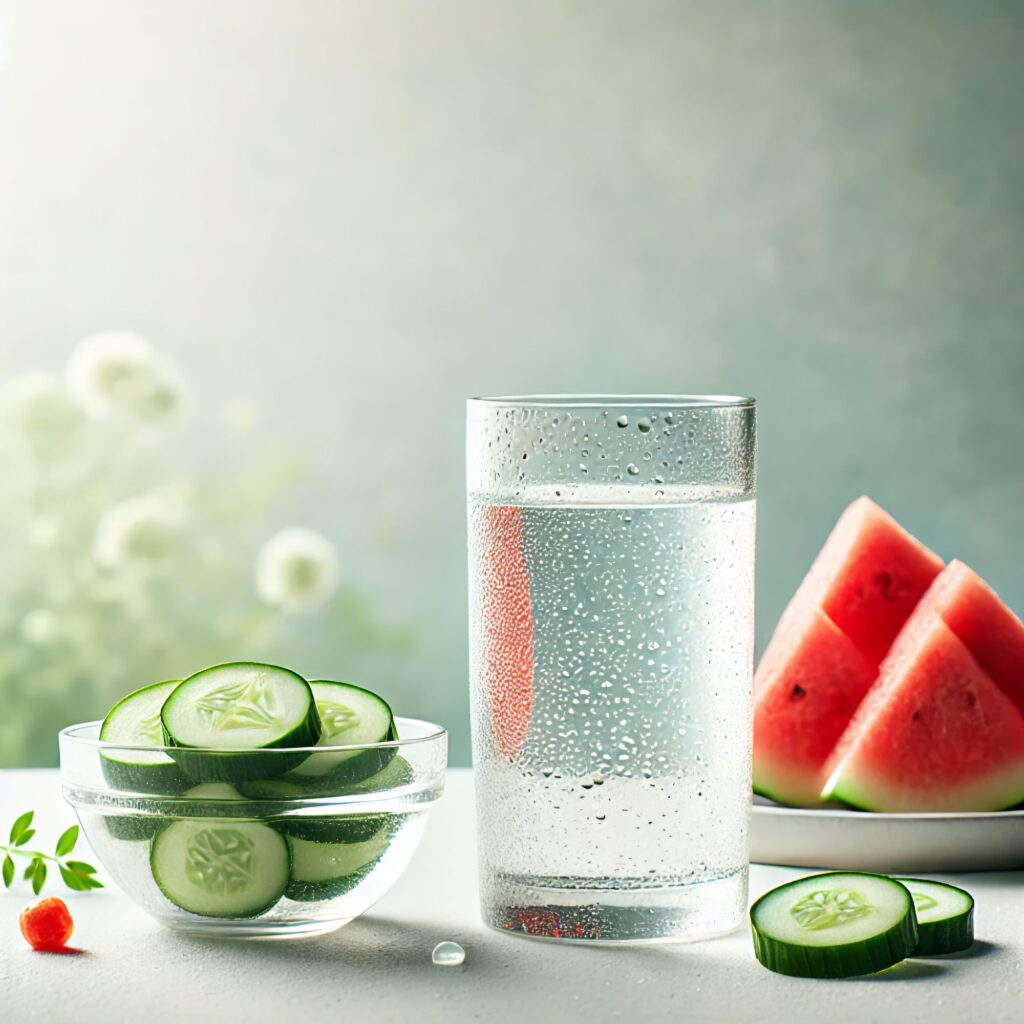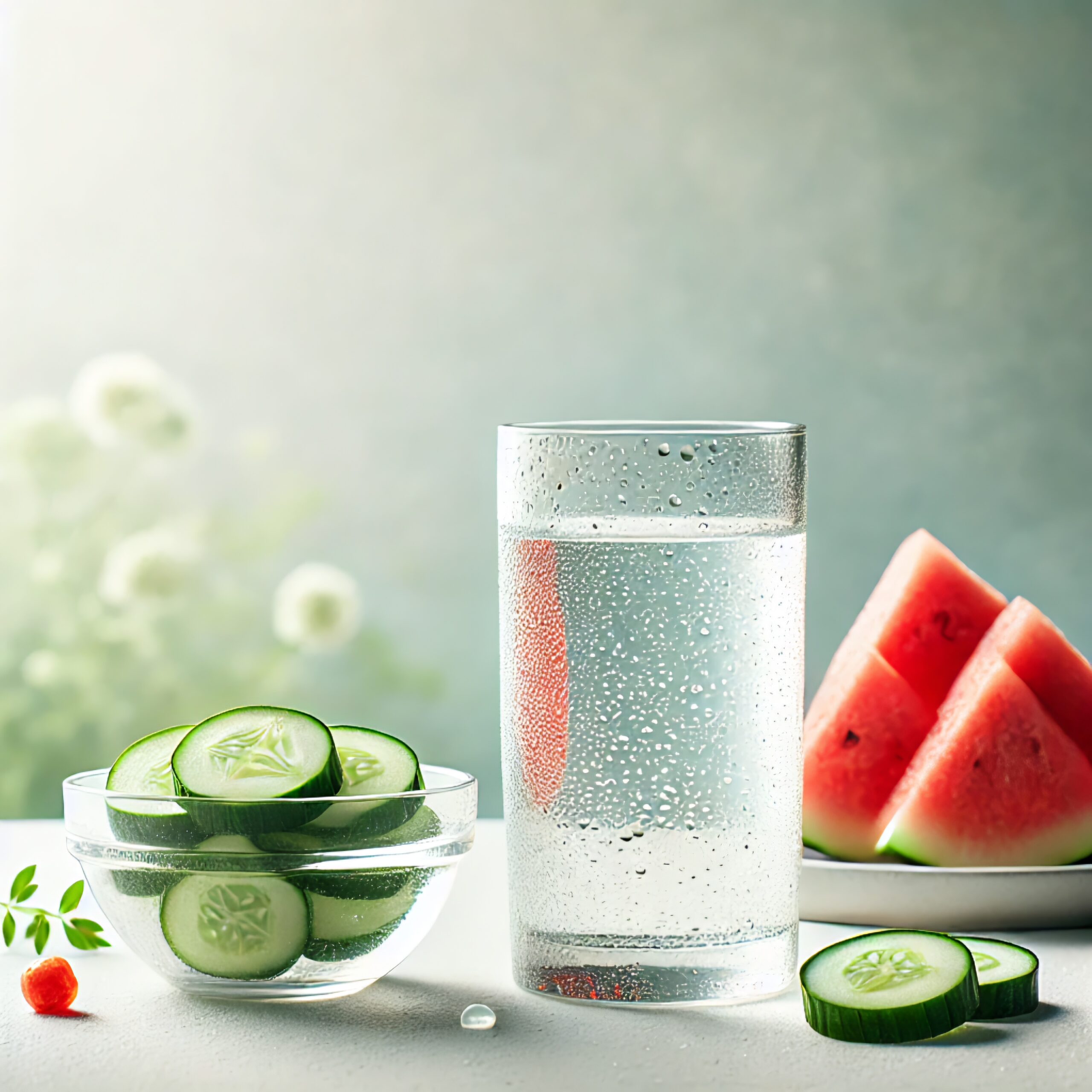Water is essential for life. It keeps your body functioning, boosts your energy, and improves overall health. But how much water should you drink daily? The answer depends on several factors, including your lifestyle, activity level, and health. Let’s explore the guidelines and tips for staying hydrated.
Why Is Water So Important?
Your body relies on water for many critical functions:
1. It regulates body temperature.
2. It helps transport nutrients to your cells.
3. It flushes out toxins through sweat and urine.
Staying hydrated keeps your body in balance. Without enough water, your organs struggle to function properly.

General Recommendations for Daily Water Intake
The amount of water you need varies from person to person. However, some general guidelines can help:
1. For adults: The National Academies of Sciences recommend about 3.7 liters (125 ounces) for men and 2.7 liters (91 ounces) for women daily, including fluids from food and drinks.
2. For children: Depending on age, children should drink between 4-7 cups of water daily.
3. During exercise: Add an extra 1-2 cups per hour of physical activity to stay hydrated.
These guidelines provide a good starting point.
Factors That Affect Your Water Needs
Your daily water intake depends on several factors:
Climate: Hot and humid weather increases sweat and water loss.
Activity Level: Active people need more water to replace lost fluids.
Health Conditions: Illnesses like fever or diarrhea increase water requirements.
Diet: High-sodium or protein-rich diets may require more water.
Adjust your intake based on your specific needs.
Tips to Stay Hydrated
1. Drink regularly throughout the day: Sip water even if you don’t feel thirsty.
2. Carry a reusable water bottle: Keep water accessible at all times.
3. Start your day with a glass of water: Rehydrate your body after a night’s rest.
4. Choose hydrating foods: Fruits and vegetables like watermelon, cucumber, and oranges add to your fluid intake.
5. Set reminders: Use alarms or apps to remind you to drink water regularly.
These simple habits can keep you hydrated without effort.
Signs You’re Not Drinking Enough Water
Dehydration occurs when your body loses more water than it takes in. Watch for these warning signs:
Dark yellow urine or reduced urination.
Dry mouth, lips, or skin.
Fatigue and dizziness.
Headaches or difficulty concentrating.
Prevent dehydration by drinking water consistently throughout the day.
Can You Drink Too Much Water?
While rare, overhydration can happen. Drinking excessive amounts of water can lead to hyponatremia, where sodium levels drop too low. Symptoms include nausea, confusion, and headaches. Stick to recommended amounts and listen to your body’s needs.
Discover More About Hydration and Wellness
Explore these pages for more insights and tips:
Nutrition: Find expert advice and essential information about balanced eating and hydration.
Wellness Eats: Discover perfect recipes for healthy and refreshing meals.
Healthy Habits: Learn how to cultivate life-changing habits for a healthier you.
Start prioritizing your health today with small, impactful changes!
